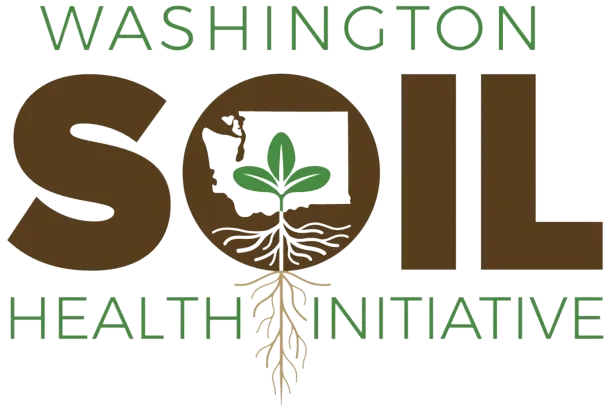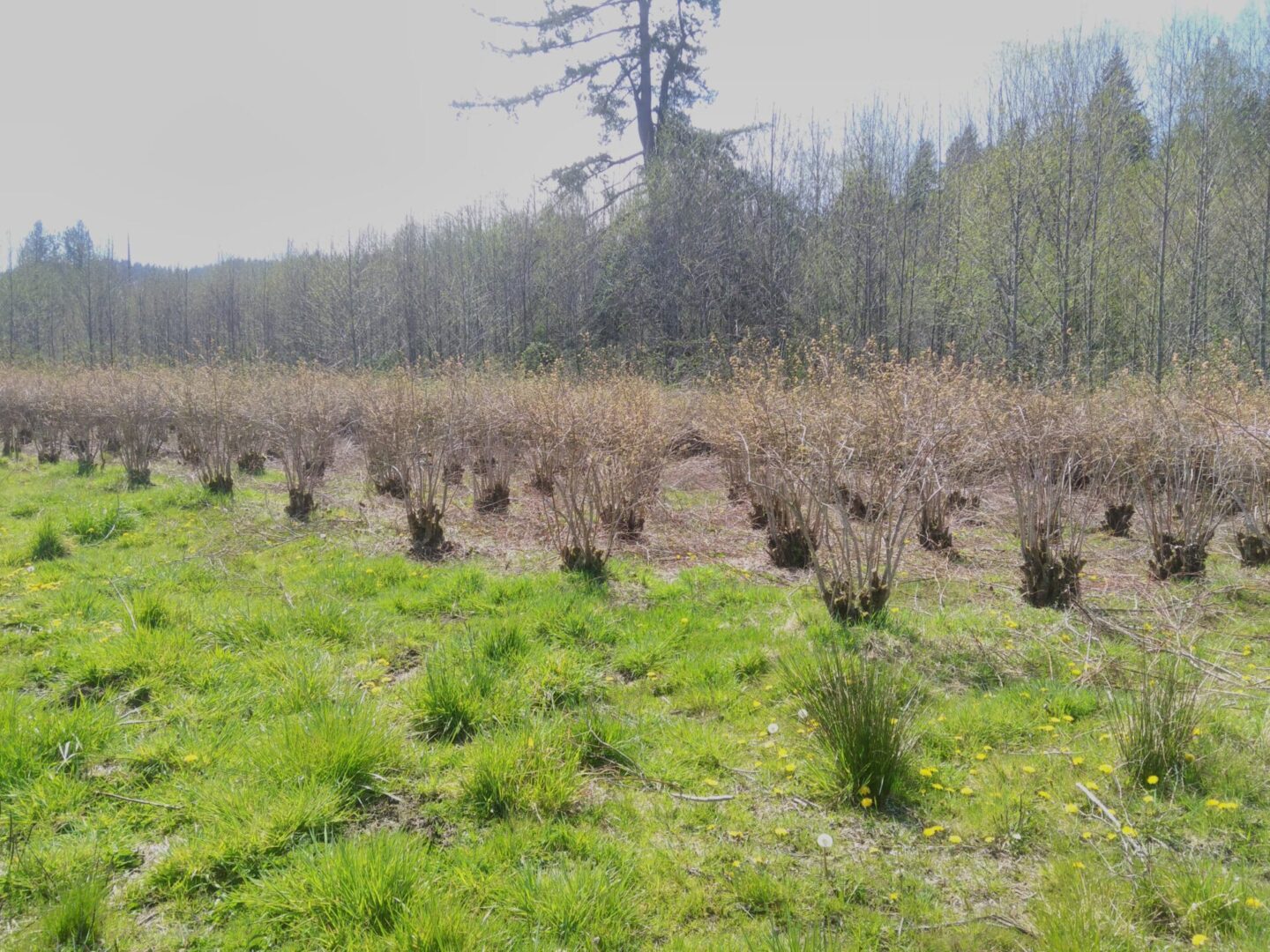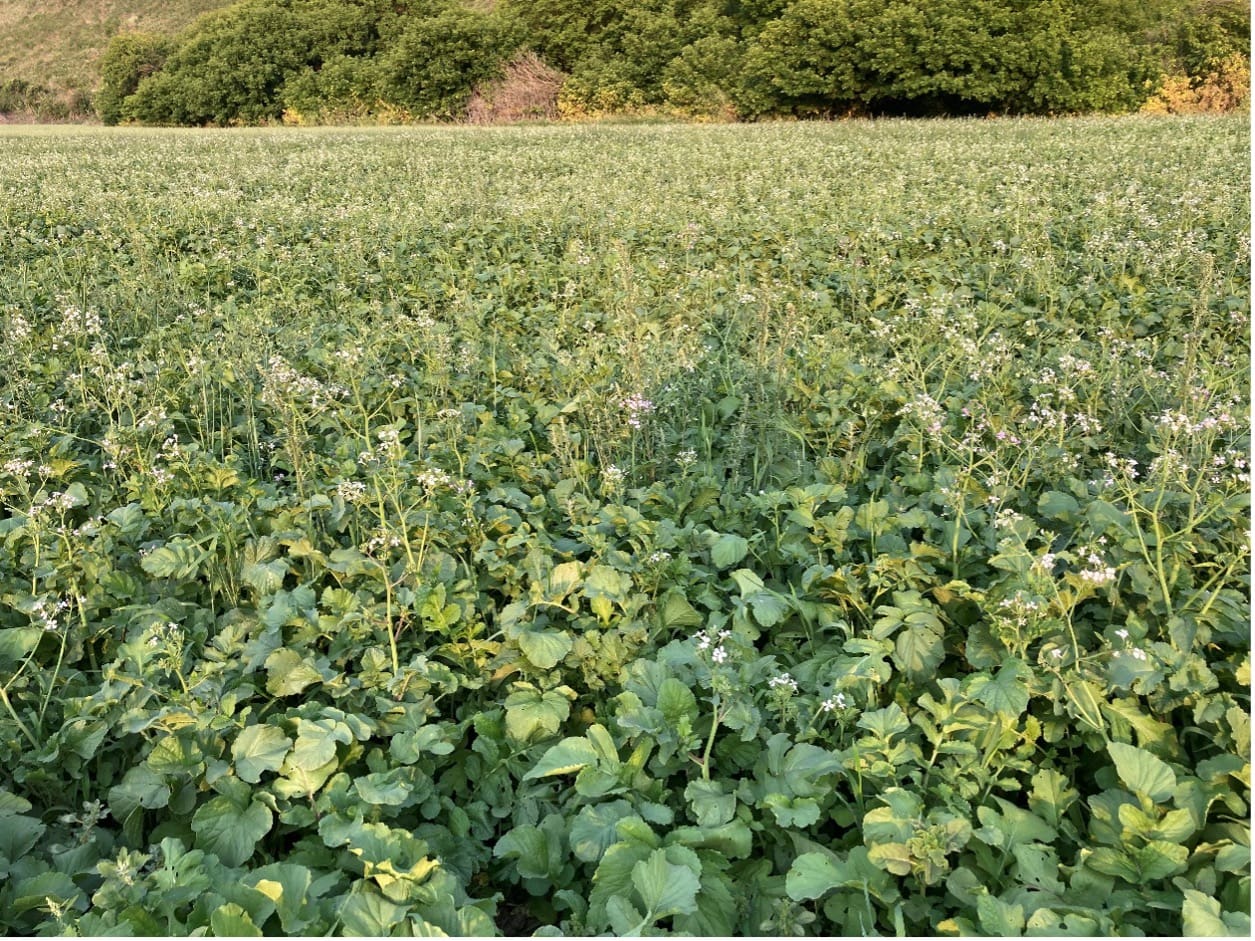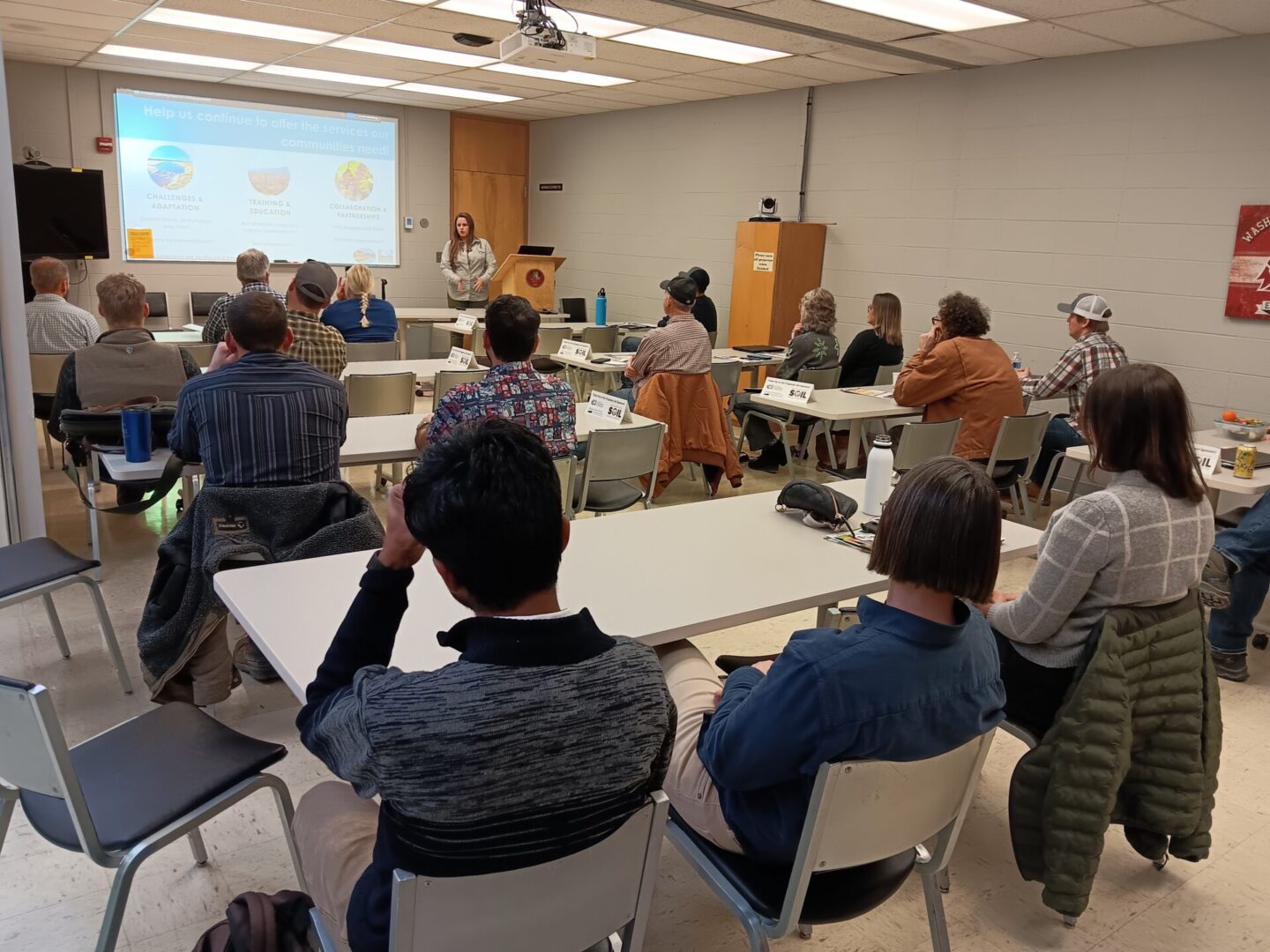
©
Sustainable Farms and Fields: Incentivizing Climate-Smart Practices and Soil Health
Empowering conservation districts and farmers with new funding for climate-smart practices and innovative agricultural solutions
June 13, 2024
Author: Karen Hills, Washington State Conservation Commission
This fiscal year marked our second year of Sustainable Farms and Fields ongoing funding, and 24 projects were awarded to 16 conservation districts totaling $1.3 million. These projects are scheduled to wrap up soon and a full accounting will be provided in the SFF annual report this fall. Here is the Sustainable Farms Fiscal Year 2023 report, in case you missed that.
Sustainable Farms and Fields was supercharged due to one-time proviso funding of $30,000,000 from the Climate Investment Account was appropriated for the 2023-25 biennium to the Washington State Conservation Commission Sustainable Farms and Fields program for organic agricultural waste and greenhouse gas emissions reduction through climate-smart livestock management. $1.7 million of this proviso funding was committed to 37 Sustainable Farms and Fields projects managed by 16 conservation districts serving livestock operations in the state of Washington. The breakdown of SFF project type by funding source is provided in the infographic. The additional funding opportunities supported by the proviso funding (Research and Demonstration, Alternative Manure Management, Dairy Anaerobic Digester) are different from typical Sustainable Farms and Fields projects and are in varying stages of development. More information on this funding can be found on the SFF: Climate-Smart Livestock webpage.
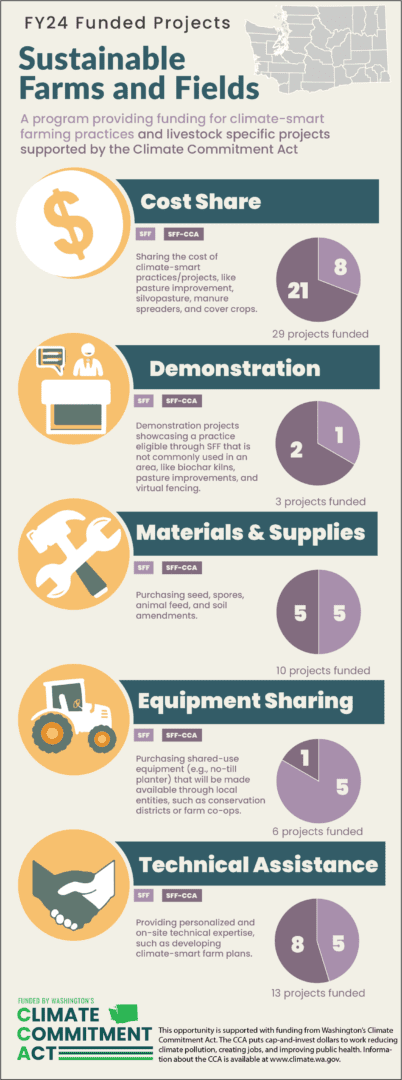
Other accomplishments for SFF this year include providing scholarships to conservation district staff to attend in-person SoilCon events and providing funding for soil testing for conservation districts. Snohomish Conservation District is leading the charge on developing and road testing a carbon farm plan template for use in Washington, which is expected to be available for use in 2025. Also of note, the State Conservation Commission received proviso funding to conduct an evaluation of the current contribution that organic and climate smart agriculture makes toward Washington's climate response goals, what potential there is for increasing this contribution, and how additional investments will help realize this potential, while supporting resiliency. To keep up to date with this effort and all things Sustainable Farms and Fields, please sign up for our email list on the Sustainable Farms and Fields website.
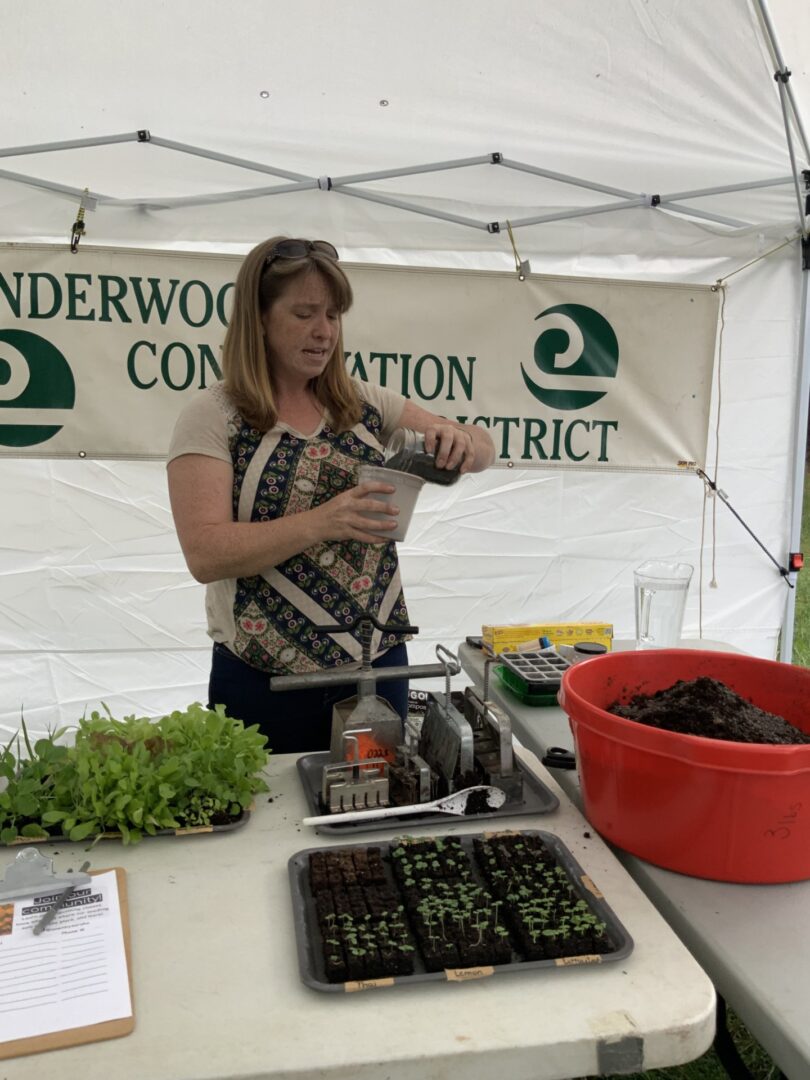

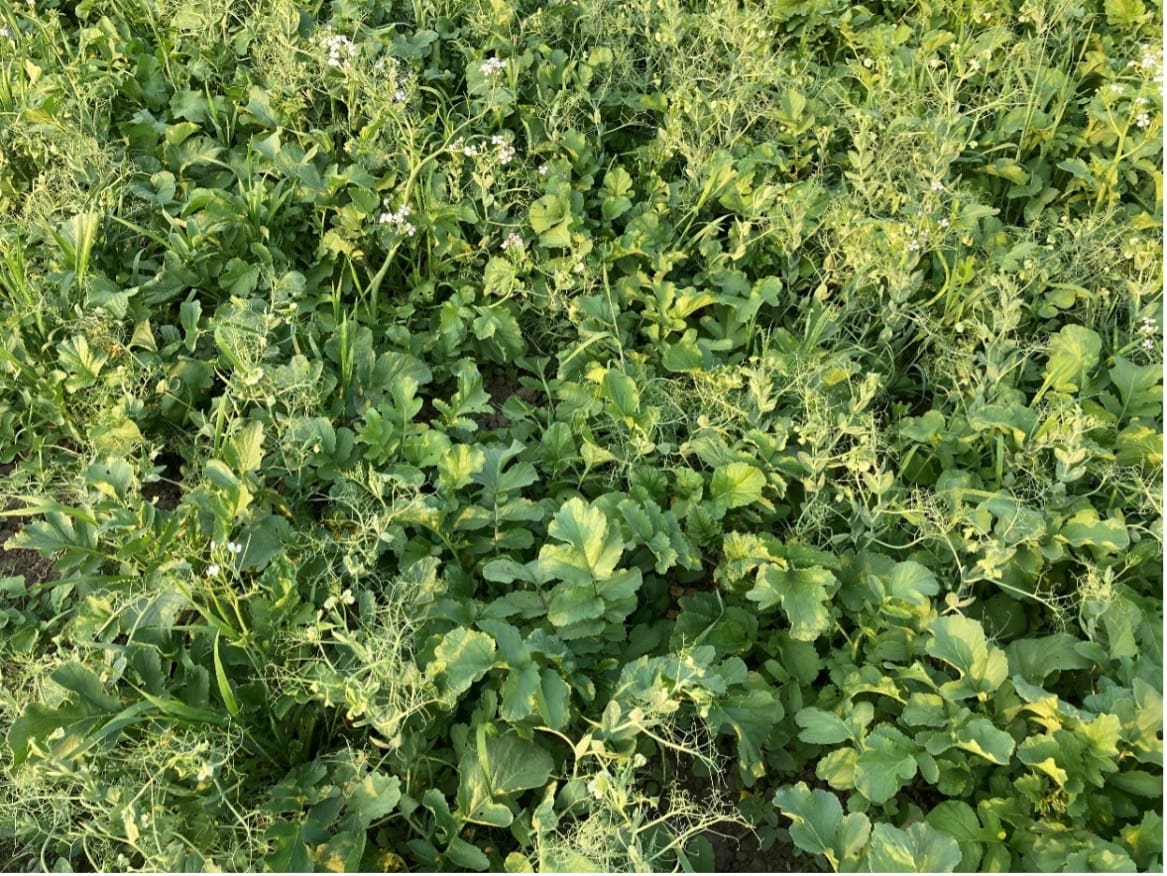
Read more about Sustainable Farms and Fields Projects that we have highlighted
With funding from the Sustainable Farms and Fields program, Four Elements Farm was able to improve soil health through compost applications.
Just like his dad, my three-and-a-half-year-old boy loves the garden and all the things we grow in it. A favorite part of my job is the opportunity to put my boots in the fields of my home area and when I get to bring my boy Jack along for an “aventure,” as he would say.
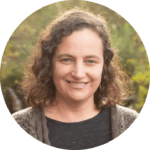
Karen Hills
Karen is the Sustainable Farms and Fields Program Manager at the Washington State Conservation Commission
This article was published by the Washington Soil Health Initiative. For more information, visit wasoilhealth.org. To have these posts delivered straight to your inbox, subscribe to the WaSHI newsletter. To find a soil science technical service provider, visit the Washington State University Extension website or the Washington State Conservation District website.

